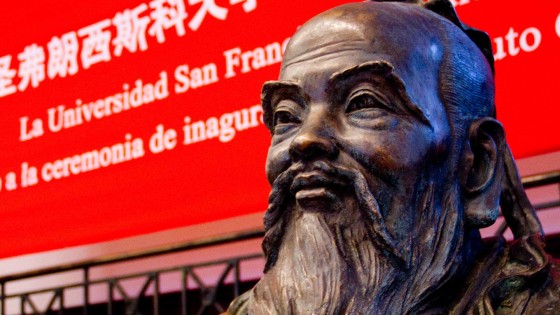Confucius Institute
The Confucius Institute USFQ is an international, non-governmental and non-profit educational institution, whose mission is the teaching of the language and the promotion of Chinese culture. Currently, there are more than 550 Confucius Institutes and more than 1,100 Confucius classrooms in 162 countries.
The Confucius Institute USFQ is the first and only of its kind in Ecuador. It was founded in 2010, thanks to the strategic alliance established between the Universidad San Francisco de Quito (USFQ) and its Chinese counterpart, the University of Petroleum of China in Beijing (UPC-BJ), with the support of the Chinese International Education Foundation (CIEF), formerly Hanban, and the Center for Education and Language Cooperation (CLEC) Foundation. Currently, the IC USFQ is part of the internationalization area of the university.
In addition, the Confucius Institute USFQ is authorized to administer the Mandarin Chinese language proficiency exams in Ecuador, also known as the HSK, HSKK, and YCT exams.
Mission
Promote the Chinese language and culture in Ecuador, taking into account what China represents to the world.
Vision
To become the leading center as a Confucius Institute in the teaching of the Chinese language and culture throughout South America.
Values
- Quality education
- Innovation
- Critical thinking
- Respect and kindness
- Transparency and responsibility
Chinese courses
The Confucius Institute USFQ offers a study program that encompasses both the Chinese language and culture, through which students develop skills to function socially and commercially with China.
Classes are led by Chinese teachers and qualified local teachers.
The teaching method covers various aspects such as reading, writing, speaking, listening, grammar, phonetics and vocabulary.
Levels
The Confucius Institute USFQ divides its academic curriculum into five levels, each level is made up of five modules. A module lasts 48 synchronous hours of class.
| Levels | |
|---|---|
| Level I: Basic | |
| Modules | I |
| II | |
| III | |
| IV | |
| V | |
| Level II: Basic – Intermediate | |
| Modules | VI |
| VII | |
| VIII | |
| IX | |
| X | |
| Level III: Intermediate | |
| Modules | I |
| II | |
| III | |
| IV | |
| V | |
| Level IV: Intermediate - Advanced | |
| Modules | VI |
| VII | |
| VIII | |
| IX | |
| X | |
| Level V: Advanced | |
| Modules | I |
| II | |
| III | |
| IV | |
| V | |
| Levels | Modules | ||||
|---|---|---|---|---|---|
| Level I: Basic | I | II | III | IV | V |
| Level II: Basic – Intermediate | VI | VII | VIII | IX | X |
| Level III: Intermediate | I | II | III | IV | V |
| Level IV: Intermediate - Advanced | VI | VII | VIII | IX | X |
| Level V: Advanced | I | II | III | IV | V |
Location tests
People who have some previous knowledge of the Mandarin Chinese language will be able to take a written placement test, which allows their level to be determined according to their knowledge of the language. This exam has an additional cost.
Weekly and Saturday courses
Due to the COVID-19 pandemic, all of our courses are taught online. This provision will be maintained until December 2022 or depending on the situation at the national level. Details on how to join virtual classes will be sent by Telegram to students by the assigned teacher after registration.
Classes are taught on two schedules:
- Weekly: Monday to Thursday, one hour and a half – from 5:30 pm to 7:00 pm, from 7:00 pm to 8:30 pm (the availability of both schedules varies depending on each level).
- Saturday: 4 hours of class – from 9:00 a.m. to 1:00 p.m.
HSK/HSKK/YCT exam preparation courses
The Confucius Institute USFQ offers preparation courses for proficiency exams for people who wish to reinforce their knowledge of Mandarin Chinese, learn techniques to take the exams, and become familiar with them. These courses are not regular and have an additional cost.
Registration
General Information
The classes are open to all public from the age of 13, without age limit.
To complete the registration, the following steps must be followed:
- Complete the online registration form through this link
- Print the application for admission, sign and attach a photo.
- Attach a photocopy of your id or passport.
- Download the Telegram App for classes.
- Get the HSK book depending on the module you are in.
Students with Chinese language skills will be able to take a proficiency test to determine their placement based on their language level.
Fees
Students entering the Confucius Institute USFQ for the first time must pay the following fees:
* 30% will be applied for students who present a valid student card and the elderly.
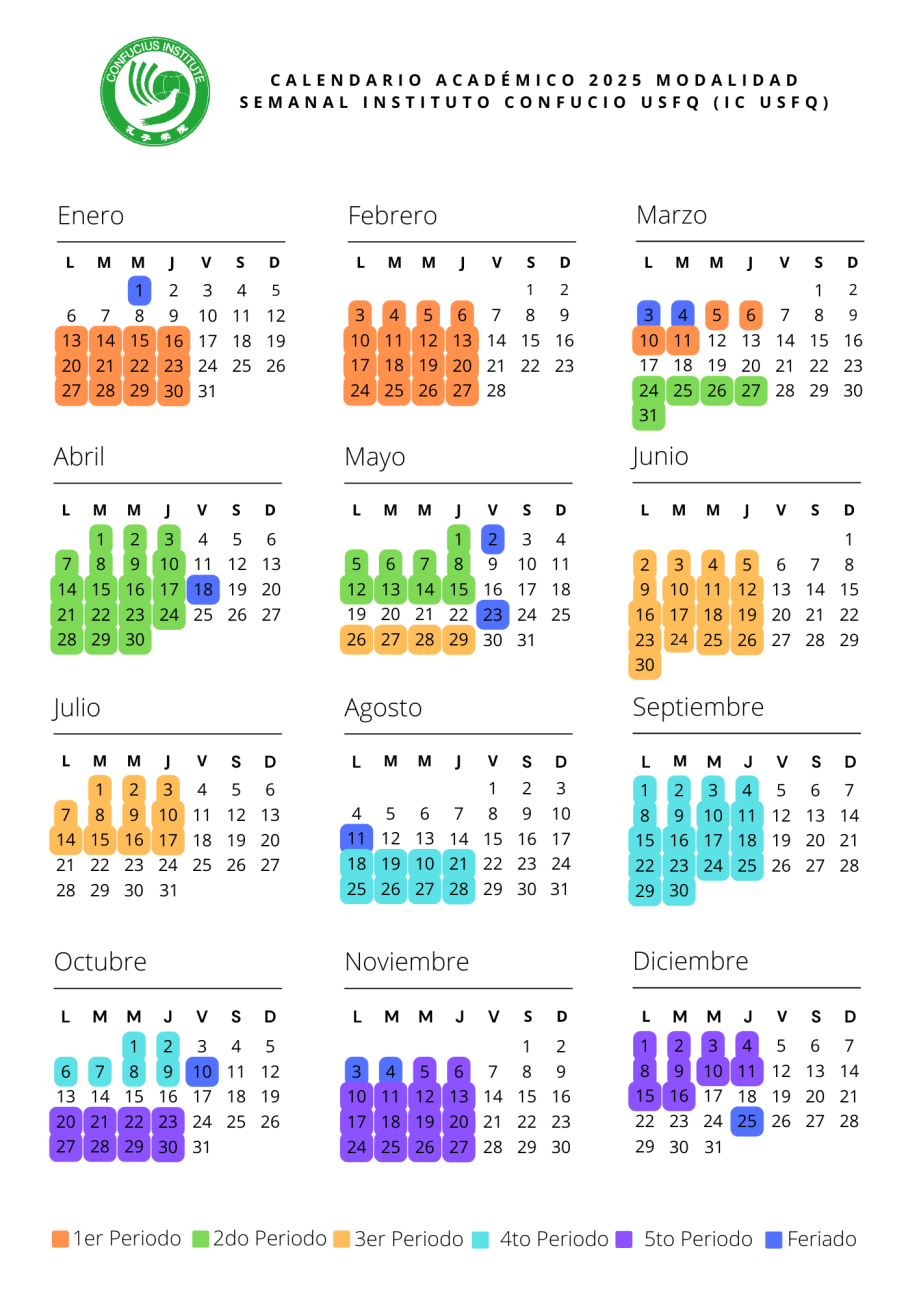
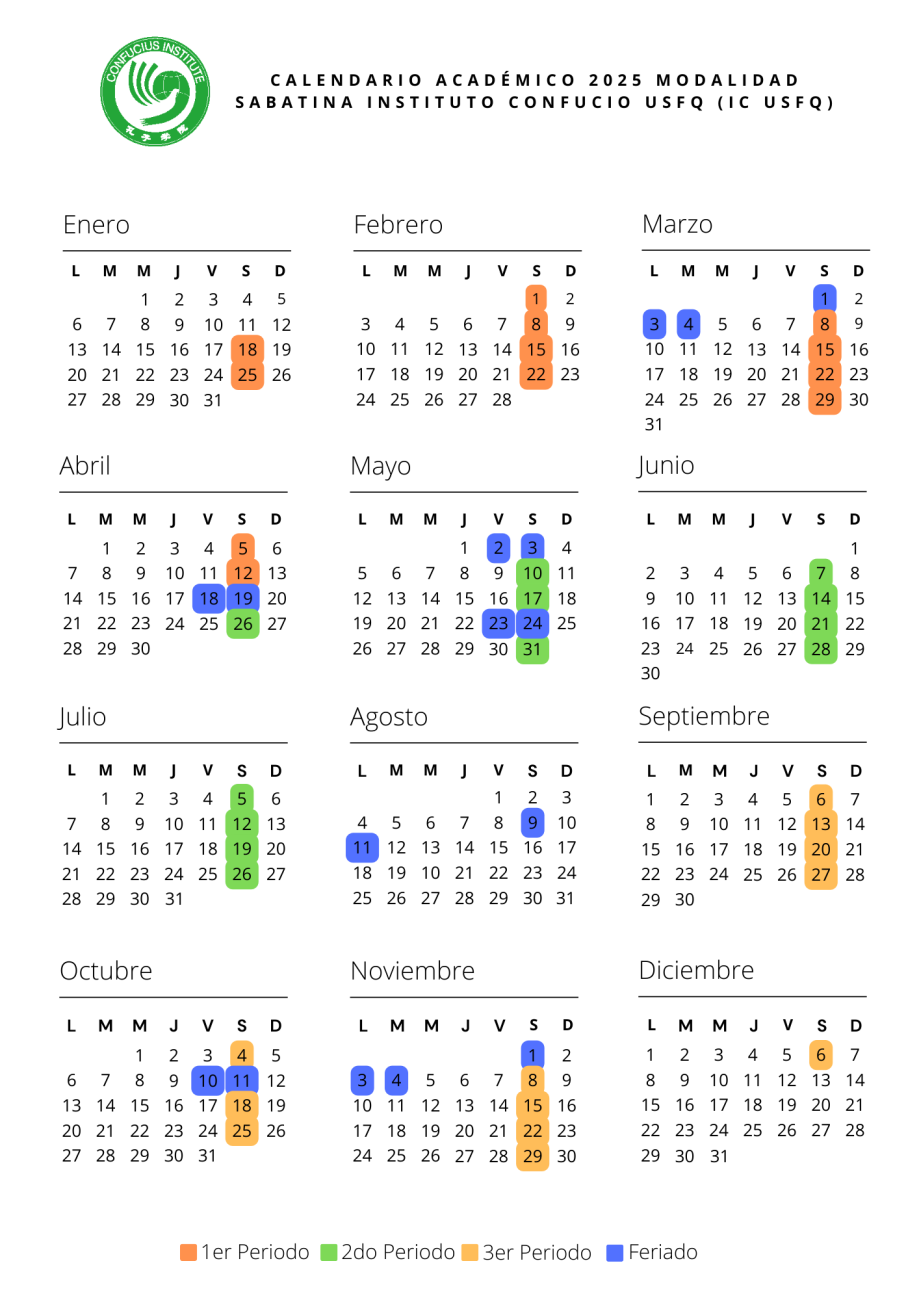
Referential calendar. Subject to modifications.
Scholarships and Camps in China
General Information
In order to encourage learning the study of the Chinese language and promote the teaching of the Chinese language at an international level, the Center for Language, Education and Cooperation (CLEC) Foundation offers each year a series of scholarships for the improvement of the Mandarin Chinese language, for research, undergraduate, master's and doctoral scholarships, for regular students and for local IC USFQ teachers.
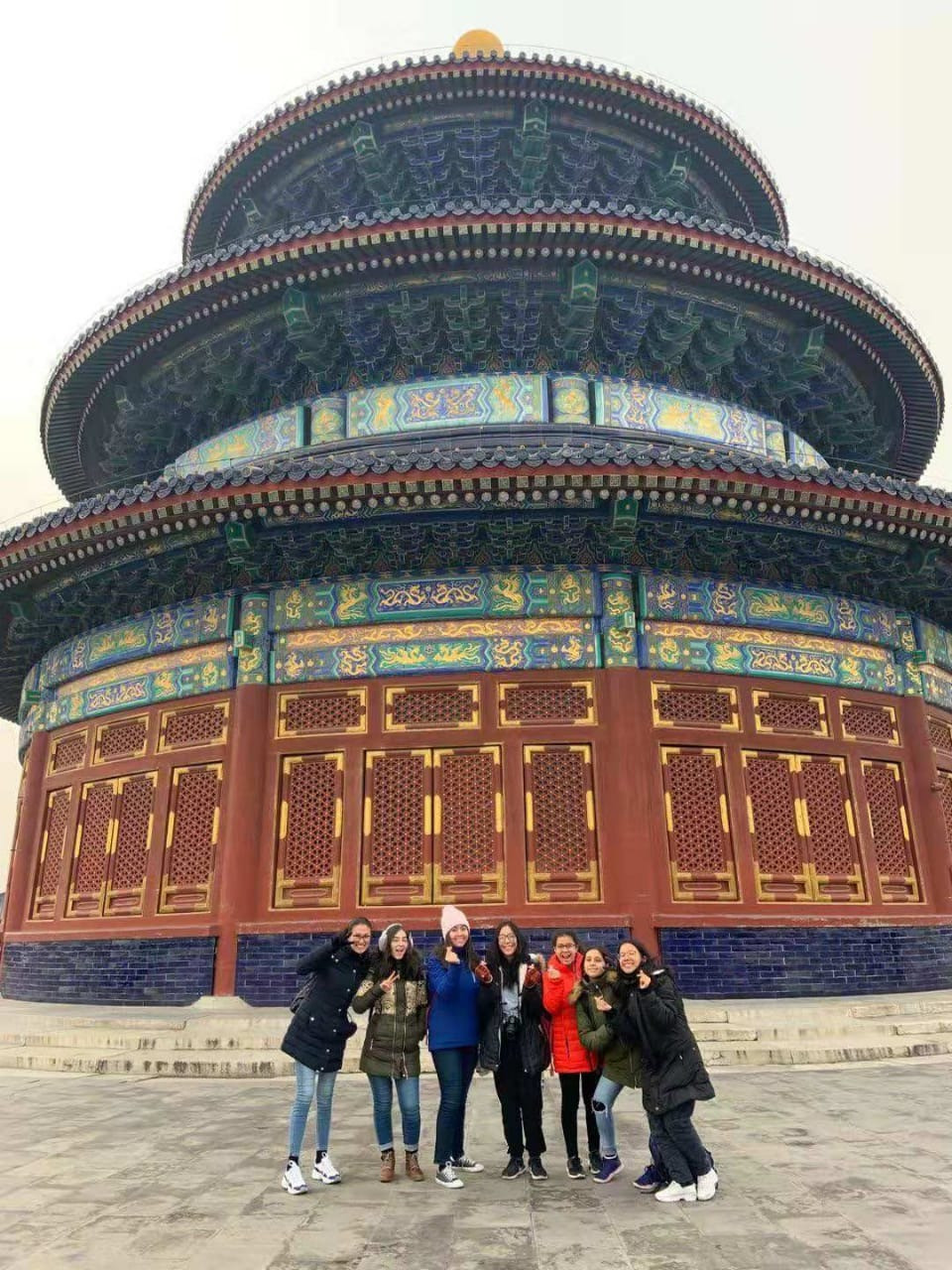
To this date, IC USFQ has sent nearly 400 students to China to study the language and culture of that ancient country.
Types of scholarship
First Category: Scholarships for Teachers of Mandarin Chinese
- Scholarships for the doctorate in international teaching of Chinese
- Scholarships for the master's degree in international teaching of Chinese
- Scholarships for undergraduate international teaching of Chinese
- Scholarships for one academic year for improvement and research
- Scholarships for an academic semester for improvement and research
- Four-week fellowships for further training and research
The second category: co-supervised training
For more information on this type of scholarship, check the official website of the Chinese as a Foreign Language Teacher Training Scholarships.
The Third Category: Online Scholarships
- Scholarships for one academic year online for improvement and research
- Scholarships for one academic semester online for improvement and research
- Specific online seminars
For more information on available scholarships, requirements and application dates, please review the Guide to apply for Mandarin Chinese as a Foreign Language Teacher Training Scholarships 2023.
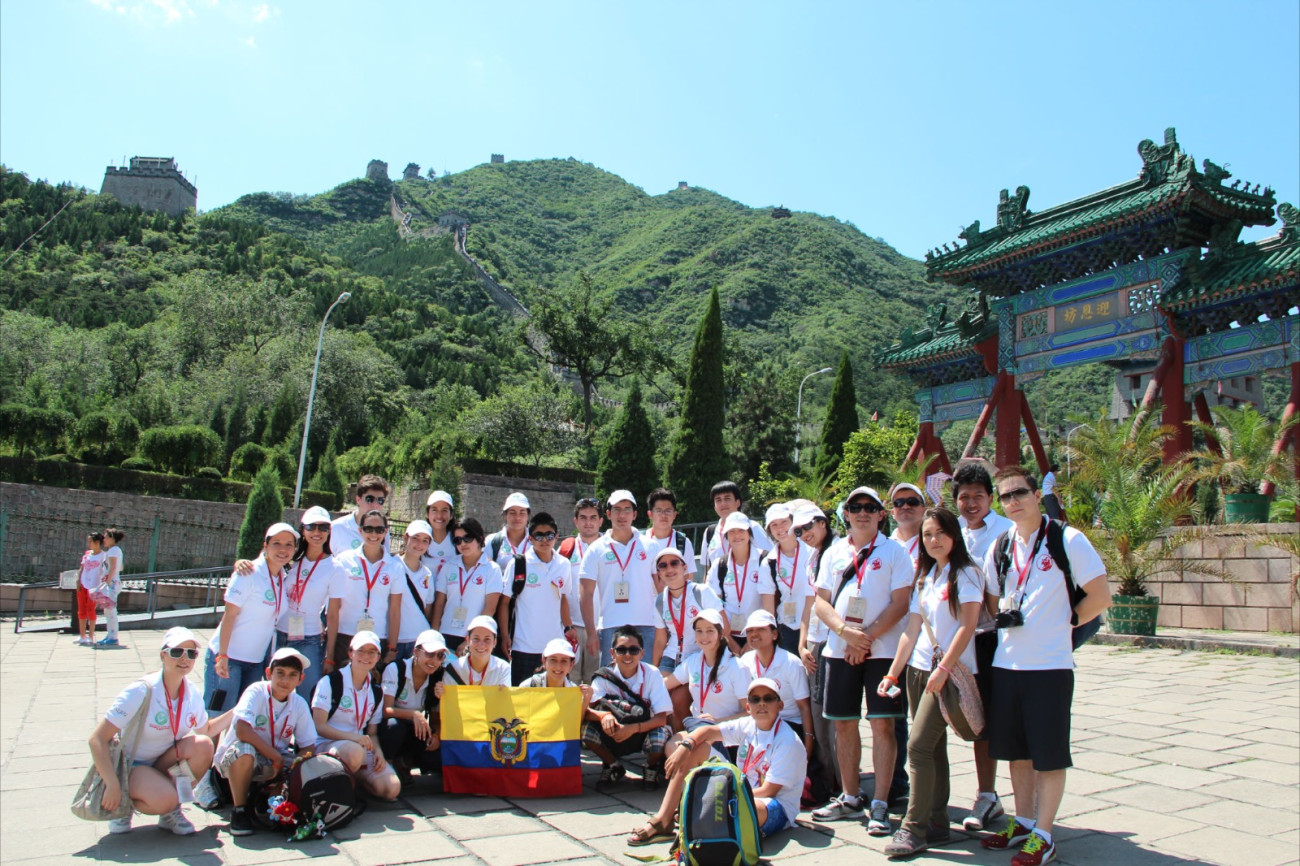
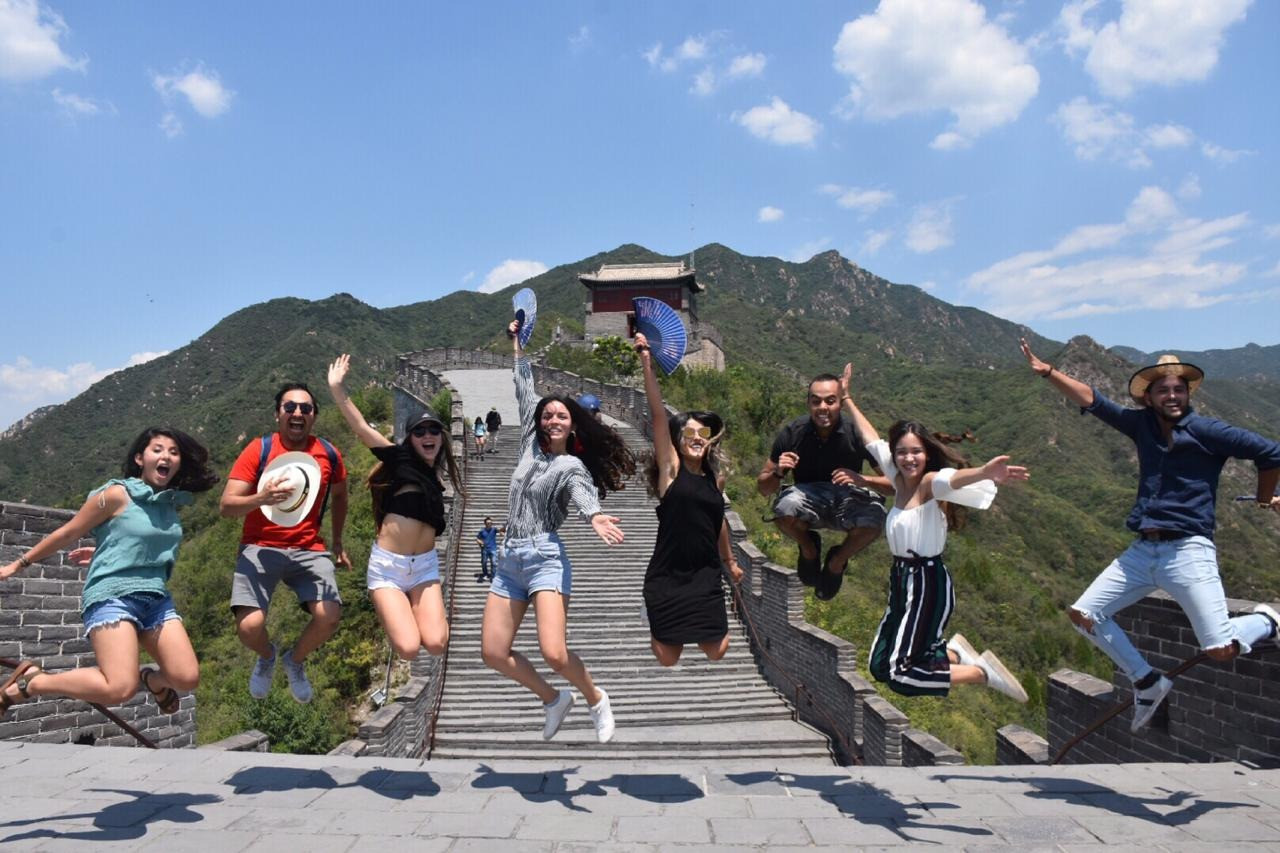
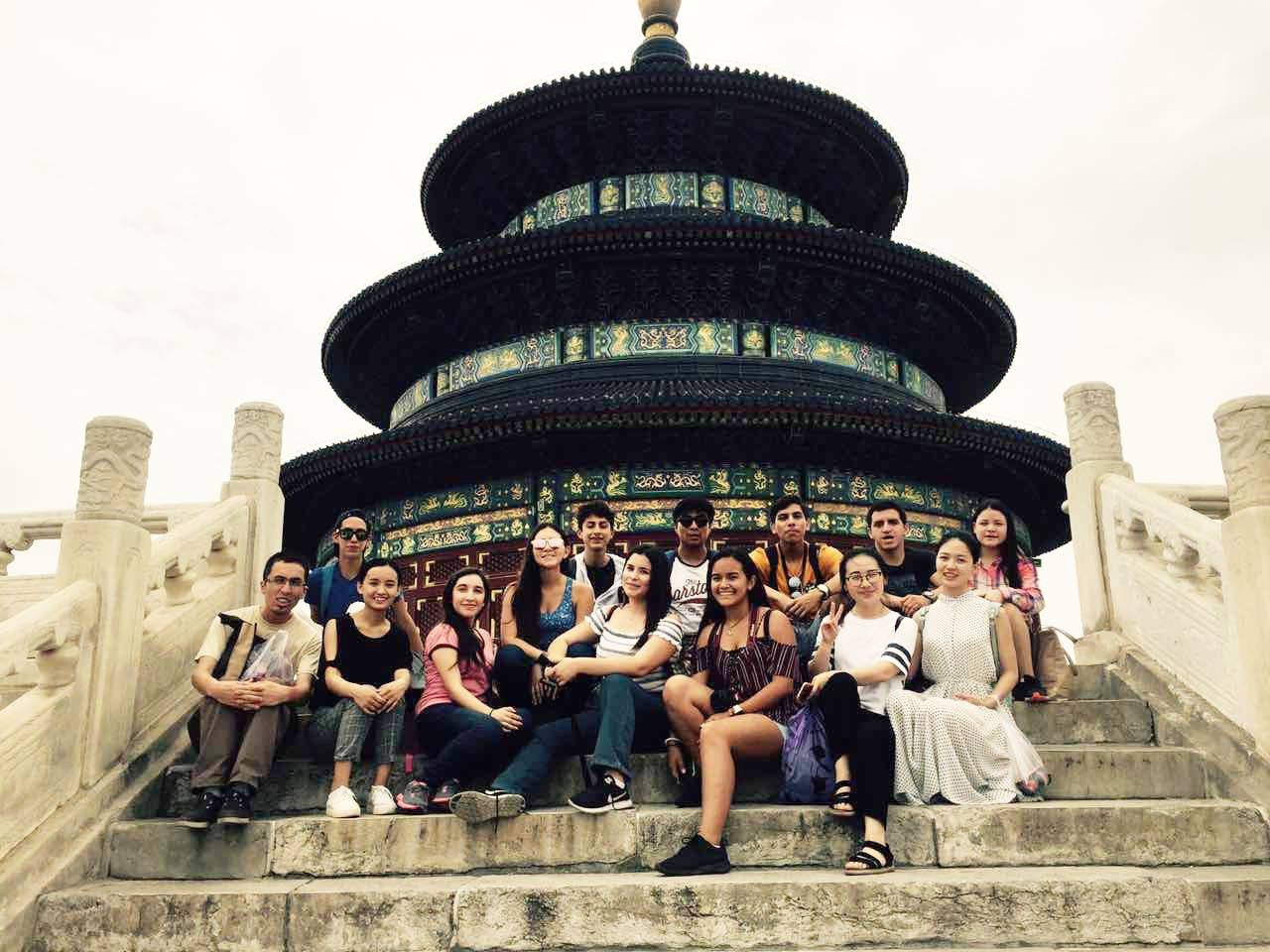
HSKK/HSKK Chinese Proficiency Test
NOTE: As of the year 2022, by order of the Chinese Testing International center (the institution that accredits us to take the HSK/HSKK exams), all students who take the HSK 3 exams and onwards must also take the corresponding HSKK oral exam.
HSK Chinese Proficiency Written Exam
The HSK written exam is an international assessment that measures the level of knowledge and command of the Mandarin Chinese language. Here is a brief description of the different levels of the HSK written exam:
- HSK (Level 1)
Understands and uses elementary Chinese phrases and words, satisfies specific communication needs. In the subjects to be evaluated, the Pinyin or Chinese phonetic alphabet is used. For this level the student is expected to know 150 words. - HSK (Level 2)
Uses the language in everyday matters, whose familiarity allows you to exchange your ideas in a simple and direct way. In the subjects to be evaluated, the Pinyin or Chinese phonetic alphabet is used. For this level the student is expected to know 300 words. - HSK (Level 3)
Develop abilities and skills to communicate in work, academic and social situations, can face situations and difficulties that arise in the field of oral and written communication. In the subjects to be evaluated, the Pinyin or Chinese phonetic alphabet is no longer used, all the written evaluation has Chinese characters. For this level the student is expected to know 600 words. - HSK (Level 4)
Communicates in a variety of circumstances and has conversations fluently with native speakers or others who are fluent in Mandarin Chinese. For this level the student is expected to know 1200 words. - HSK (Level 5)
Reads Chinese newspapers and magazines without much difficulty, understands and interacts with Chinese radio and television shows, can participate in debates and communicates satisfactorily. For this level the student is expected to know 2500 words. - HSK (Level 6)
Understands, listens and reads news in Mandarin Chinese very well, expresses themselves fluently orally and in writing with very good results. For this level the student is expected to know 5000 words.
The Confucius Institute USFQ in Quito and its office in Guayaquil offer the possibility of taking the six levels of the HSK (written) exam every year, generally two calls are made.
Requirements to take the exam:
- Photocopy of identity card or passport
HSKK Chinese Proficiency Oral Exam
The HSKK oral exam is an international assessment that measures the level of knowledge and command of the Mandarin Chinese language. Here is a brief description of the different levels of the HSK written exam:
- HSKK (Initial)
Understands and expresses himself orally in Mandarin Chinese on everyday matters that are familiar to him, that is, satisfies basic communication needs. - HSKK (Intermediate)
Understands and communicates relatively fluently in Mandarin Chinese with native Chinese speakers. - HSKK (Advanced)
Understands and expresses their own opinions fluently in Mandarin Chinese.
The Confucius Institute USFQ in Quito and its office in Guayaquil offer the possibility of taking the six levels of the HSKK (oral) exam every year, generally two times per year.
Requirements to take the exam:
- Photocopy of identity card or passport
Online registration for HSK and HSKK exams
Registration to take the different levels of the HSK and HSKK exam must be done through the following link: http://www.chinesetest.cn/index.do. Participants are reminded that they must upload an updated photograph with a white background, since the absence of it would limit the possibility of accessing this evaluation.
Registration Requirements
- Active email account
- Updated passport size photograph with the following characteristics:
- Format: JPG
- Dimension: 180x240 (pixels)
- File size: Less than 100 Kb
- Background: white
Items and Fees
HSK Written Exam
Online HSK written test
Face-to-face HSKK oral test only
Online HSKK oral test only
YCT & HSK/HSKK Dates for 2025
| Exam Type | Exam Day | Exam Date | Registration Deadline | Mode | City |
|---|---|---|---|---|---|
| HSK/HSKK | Saturday | 29-Mar-25 | 15-Mar-25 | Online | Ecuador |
| HSK/HSKK | Saturday | 19-Jul-25 | 22-Jun-25 | In-person | Guayaquil & Quito |
| YCT | Sunday | 17-Aug-25 | 21-Jul-25 | In-person | Guayaquil & Quito |
| HSK/HSKK | Sunday | 23-Nov-25 | 09-Nov-25 | Online | Ecuador |
Referential calendar. Subject to modifications.
* Non-Refund Clause: Payments made for HSK or YCT exams are non-refundable under any circumstances. By registering for the exam and making the corresponding payment, the participant accepts this non-refundable condition.
Our Team
CI USFQ Administrative Team
CI USFQ Academic Team
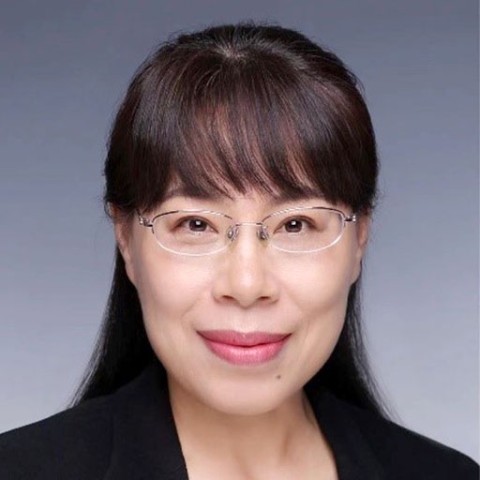
Zhang Hao
Co-director
Zhang Hao studied English language and literature at Northeast Normal University. Since 2001, she has been an associate professor at the School of Foreign Languages of the Petroleum University of China in Beijing (UPC-BJ). She was a visiting teacher at the University of Cambridge, she also served as a teacher of Mandarin Chinese at the Confucius Institute of the Universidad San Francisco de Quito (IC USFQ) between 2013 and 2016. Zhang Hao co-edited two dictionaries and two textbooks, and has with multiple posts. Her research interests include translation between English and Mandarin Chinese, translation theory and practice, English literature, teaching English as a foreign language, and teaching Mandarin Chinese as a foreign language.
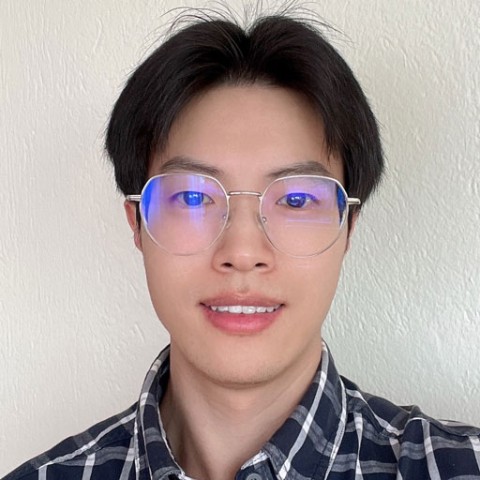
Zhou Dashuang
Teacher
Zhou Dashuang obtained his bachelor's degree in teaching Chinese as a foreign language from GuiZhou Normal University. In addition, he has a master's degree in teaching Chinese as a foreign language from Si Chuan International Studies University. He was a teacher of Mandarin Chinese in Thailand and Boliva, since 2021 he joined the IC USFQ team of teachers.
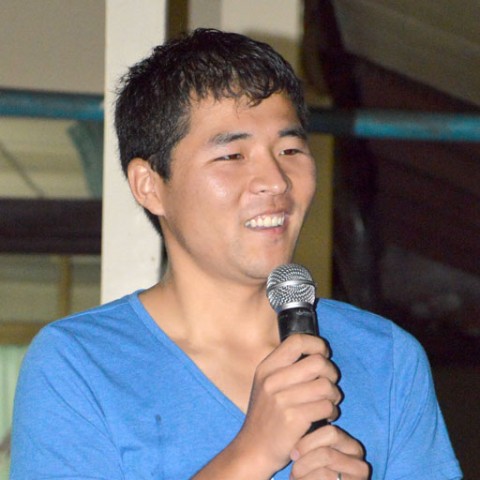
Meng Chunlei
Teacher
Meng Chunlei has a bachelor's degree in teaching Mandarin Chinese as a foreign language from Han Dan College. She also has a master's degree from Beijing University of Language and Culture in teaching Chinese as a foreign language. He was a Mandarin Chinese teacher in Thailand and Bolivia. He has been a teacher at IC USFQ since 2018.
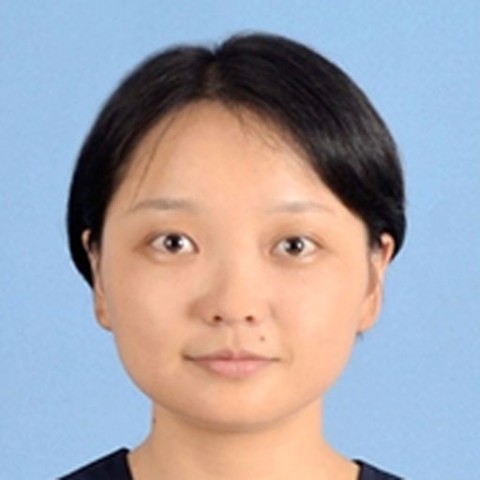
Duan Xuemei
Teacher
Duan Xuemei has a BA in Vietnamese Linguistics from Guanxi University for Nationalities and an MA in Teaching Mandarin Chinese as a Foreign Language from Guangdong University of Foreign Studies. She was a Mandarin Chinese teacher in the Philippines and Cape Verde, she has been a teacher at IC USFQ since 2018.

Yu Fanyu
Teacher
Yu Fanyu received his bachelor's degree from Chongqing University City College of Science and Technology, majoring in engineering. She holds a master's degree from Sichuan International Studies University in teaching Chinese as a foreign language. Yu Fanyu worked at the Confucius Institute of Bulgaria University for two years. She can play the traditional Chinese instrument, called pipa, at the tenth level. Yu Fanyu joined the IC USFQ team in 2023.
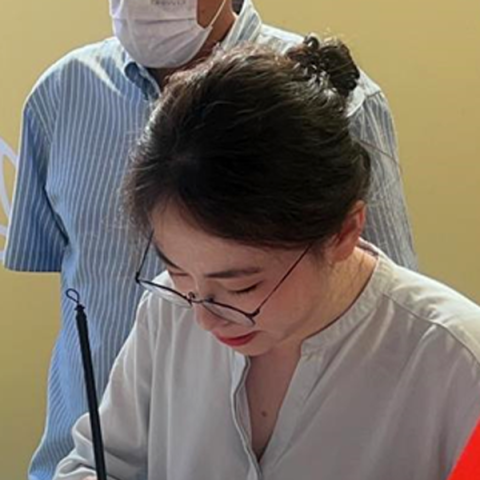
Bi Yan
Teacher
Bi Yan has a bachelor's and master's degree from Harbin Normal University in teaching Chinese as a foreign language. She worked in London for four years as a Mandarin Chinese teacher. Bi Yan joined the IC USFQ teaching team in 2023.
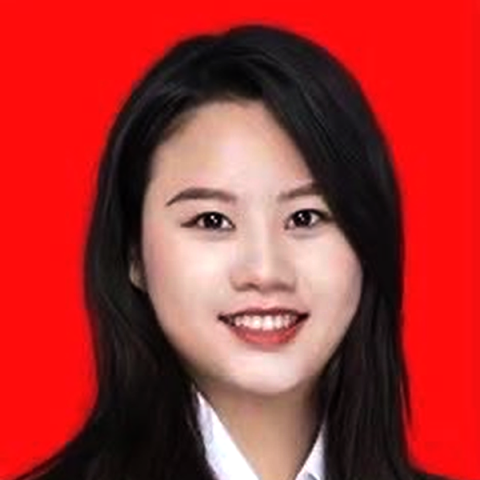
Zhou Maoqiong
Teacher
Zhou Maoqiong received his bachelor's degree in English from Yibin University. She holds a master's degree in teaching Chinese as a foreign language from Southwest University. Zhou Maoqiong was a former Mandarin Chinese teacher in Thailand, she was also a university professor of Chinese language and literature. She joined the IC USFQ team in 2023.
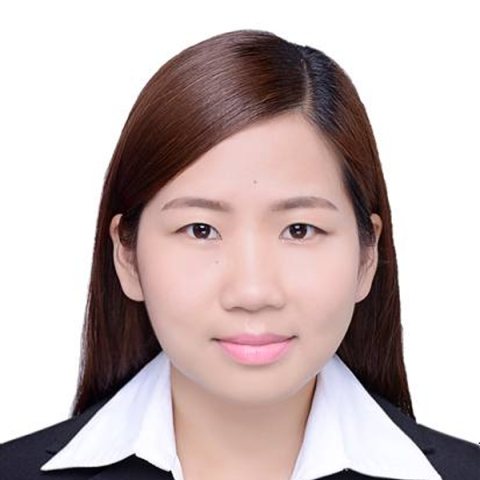
Li Niuniu
Teacher
Li Niuniu holds a bachelor's degree in English from Zhengzhou University of Aeronautics. She was a former Mandarin Chinese teacher in Tanzania. In addition, she has taught English courses at a private training school in China. She joined the IC USFQ teaching staff in 2023.
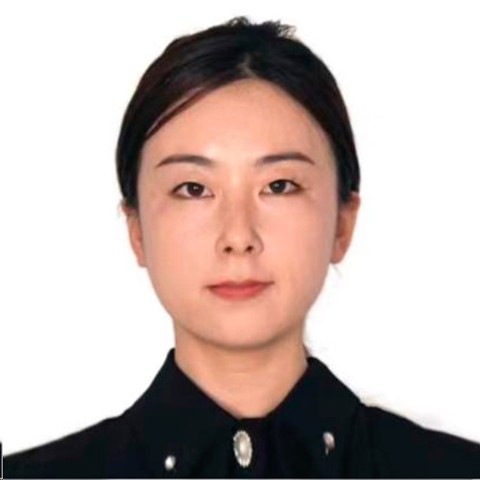
Fang Qingmin
Teacher
Fang Qingmin graduated from Kunming University of Science and Technology with a master's degree in June 2023, majoring in Chinese International Education. From March 2022 to October 2023, he taught at the Confucius Institute in Barbados. He started teaching at the Confucius Institute of the University of San Francisco de Quito USFQ in November 2024.

Yi Min
Teacher
Yimin earned a master's degree in teaching Chinese as a foreign language from China University of Petroleum (Beijing). She worked as a Chinese teacher at the International Bilingual School in Bangkok, Thailand, and joined the teaching staff of the Confucius Institute at the University of San Francisco de Quito USFQ in 2024.
Cultural agenda
Every year the IC USFQ organizes different cultural activities in order to promote the understanding of this ancient culture. Many of the traditional Chinese celebrations vary in date each year, because they follow a lunar calendar instead of the Gregorian calendar that governs us in Ecuador. We invite you to review our cultural agenda to learn more about Chinese festivities and other cultural initiatives that we organize this year:
- Chinese New Year (known as Spring Festival).
Tuesday, February 1, 2022 - Lantern Festival (a.k.a. Lantern Festival)
Tuesday, February 15, 2022 - Dragon Boat Festival (Intangible Cultural Heritage of Humanity)
Friday, June 3, 2022 - Mid-Autumn Festival (a.k.a. Mooncake Festival)
Saturday, September 10, 2022
For more University and Confucius Institute activities, please visit our Events y Courses section.

